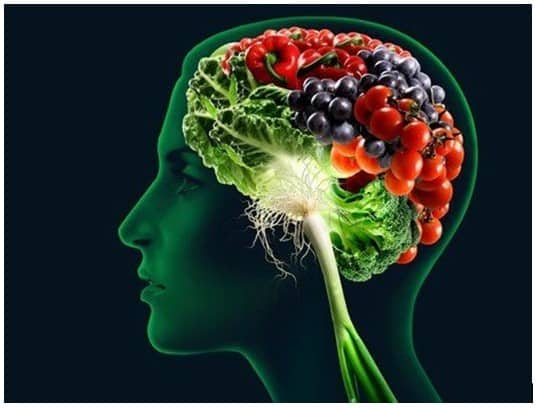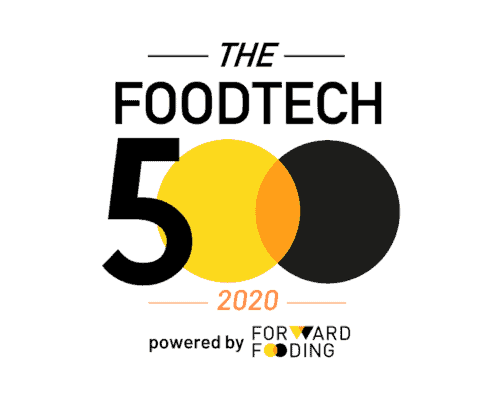Eating a healthy, balanced diet is one of the most important things you can do to protect your health.

Eating a healthy, balanced diet is one of the most important things you can do to protect your health.
Eating healthy means you’re eating a balanced diet, and this is very important for your health. A balanced diet is a meal containing different classes of foods in different proportions and quantities. This meal has an adequate requirement for proteins, calories, vitamins, minerals, and alternative nutrients. It also includes a small provision that is kept for additional nutrients for the sake of the length of leanness.
A balanced diet also offers bioactive phytochemicals such as antioxidants, dietary fiber, and nutraceuticals with positive health benefits. It would offer 60-70% of calories from carbohydrates for a meal to be a balanced diet, 20-25% from fat, and 10-12% from proteins. Most of the body’s calories are gotten from fresh vegetables, fresh fruits, whole grains, lean proteins, legumes, nuts.
Importance of Balanced Diet
A balanced diet isn’t just important because it supplies the body with the nutrients it needs to function effectively. It also ensures that the body can fight diseases. When you don’t take a balanced diet, the body is more prone to infection, disease, fatigue, low performance, etc.
Children that are not fed with a balanced diet will have growth problems and will develop poorly. They will suffer from frequent infections and poor academic performance as well. They may also develop eating habits that are unhealthy and could persist with them into their adulthood.
The susceptibility to diseases affecting metabolic syndrome and the risk of obesity is very high without exercise. Conditions such as high blood pressure and type 2 diabetes are not far-fetched.
Medical experts at the Center for Science in the Public Interest have proven that 40% of the top 10 causes of death in the US have a direct link to diet. These causes are mainly heart diseases, cancer, stroke, and type 2 diabetes.
What Constitute Balanced Diet?
The following nutrients are essential for a food to be considered a healthy and balanced diet:
- Carbohydrates, including fiber and starches
- Protein
- Minerals, vitamins, and antioxidants
- Healthy fats
- Grains
- Fruits
- Vegetables
- Protein foods
- Dairy
Some common protein foods that you should eat are eggs, fish, meat, beans, legumes, and nuts.
If you’re following a vegan diet and have to focus solely on plant-based foods, your diet will not contain fish, meat, egg, and dairy mentioned earlier. However, your diet will include other things that give similar nutrients. A typical example is tofu and beans. These are plant-based foods and are good sources of protein. Some people can’t tolerate dairy at all but can still develop and eat a balanced diet by merely going for a variety of replacements rich in nutrients.
Foods to Avoid
There are certain foods you have to stay away from in a bid to eat a balanced diet and for the sake of your health. Some of these foods are:
- Refined grains
- Highly processed foods
- Red and processed meat
- Added sugar and salt
- Trans fat
- Alcohol
While there are many others, these are a few that you should take note of.
One thing that you have to note also is the fact that food can be healthy for someone and unhealthy for another person. There are different factors at play to determine this. So the fact that someone is taking a particular diet and is healthy for them doesn’t automatically make it a balanced and healthy diet for you too. For instance, many people will find whole wheat flour a healthy meal for them. However, it is unsuitable and unhealthy for people that have a gluten intolerance.
Health Benefits of Balanced Diet
As mentioned earlier, there are many benefits of a balanced diet for human health. It gives the body energy, strengthens the immune system, helps the body function properly, etc. Some of the other benefits are:
- Fulfills nutritional needs: Eating a balanced diet with all its varieties gives the body all the nutrients that it needs so that it isn’t nutrient deficient at any point.
- A specially designed balanced diet can help reduce the symptoms of diseases and help manage sickness and critical health conditions better.
- Prevents and treats some types of diseases: eating healthy food can help to prevent the body from developing certain conditions such as heart disease, cancer, and diabetes. It is also able to treat high blood pressure and diabetes.
- Manage body weight and feel energetic: a balanced diet makes sure that you feel higher and lighter, providing the body with the energy to carry on the day’s activities while also fighting against stress in the body.
Some tips for eating healthily
- A significant rule that you must play by for healthy eating is not to skip a meal. When you skip a meal, it reduces your rate of metabolism. Normal eating is a 3 Square meal course with two snacks in between the meals. Of all meals, it’s essential not to skip breakfast. It is the most critical meal in a day.
- Prepare your food in simple ways. You don’t have to eat complicated food because you want to eat healthily. Make your food preparation as simple as possible. Eat plenty of raw foods too, such as fruits, salads, vegetable juices, etc. Don’t just focus on eating calories.
- When you are full, stop eating. This is the best way to maintain your body weight, remain alert, and be at your best.
- Drink a lot of water. Always have a bottle of water around you every time and bring it with you anywhere you go.
Conclusion
A healthy and varied diet will contain a lot of fresh plant-based foods. It will also cut off or limit processed foods to the barest minimum.
If you need to ask questions about your diet or think you should change your eating habits, lose weight, etc. Then you should go and see a dietitian or your doctor to discuss these things with them. They will give the right dietary suggestions and changes that you need to make to keep your body well nutrition for better health. Remember that your diet directly impacts your health.
Author Bio
Emily Harrison is one of the most influential editors of an essay writing service in London. She has been working in this company since 2006, helping with an essay paper. Her hobby is reading books. Besides that, Emily is fond of sports and music. She is a very positive person.
NutriFusion®
Just 1 in 10 adults meet the federal fruit or vegetable recommendations, according to a study published in CDC’s Morbidity and Mortality Weekly Report (MMWR). This report highlights that very few Americans eat the recommended amount of fruits and vegetables every day, putting them at risk for chronic diseases.
Studies have shown that supplementation with extracts from fruits and vegetables may improve inflammation and oxidative stress.
NutriFusion develops all‐natural fruit and/or vegetable powders that are nutrient dense for use in foods, beverages, supplements, and pet foods.
NutriFusion can help! Visit us at www.nutrifusion.com.


 We are thrilled to announce that NutriFusion® ranked #53 of the top 500 companies worldwide in AgriFoodTechnology. This was the second year in a row, as a finalist for this year’s @ForwardFooding #FoodTech500, the world’s first definitive list of the global entrepreneurial talent at the intersection between food, technology, and sustainability. With over 2000 applicants from over 60 countries, we are so pleased that our innovation within the food system has been recognized and are excited to share this news with you!
We are thrilled to announce that NutriFusion® ranked #53 of the top 500 companies worldwide in AgriFoodTechnology. This was the second year in a row, as a finalist for this year’s @ForwardFooding #FoodTech500, the world’s first definitive list of the global entrepreneurial talent at the intersection between food, technology, and sustainability. With over 2000 applicants from over 60 countries, we are so pleased that our innovation within the food system has been recognized and are excited to share this news with you!





